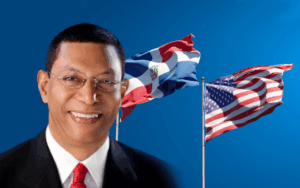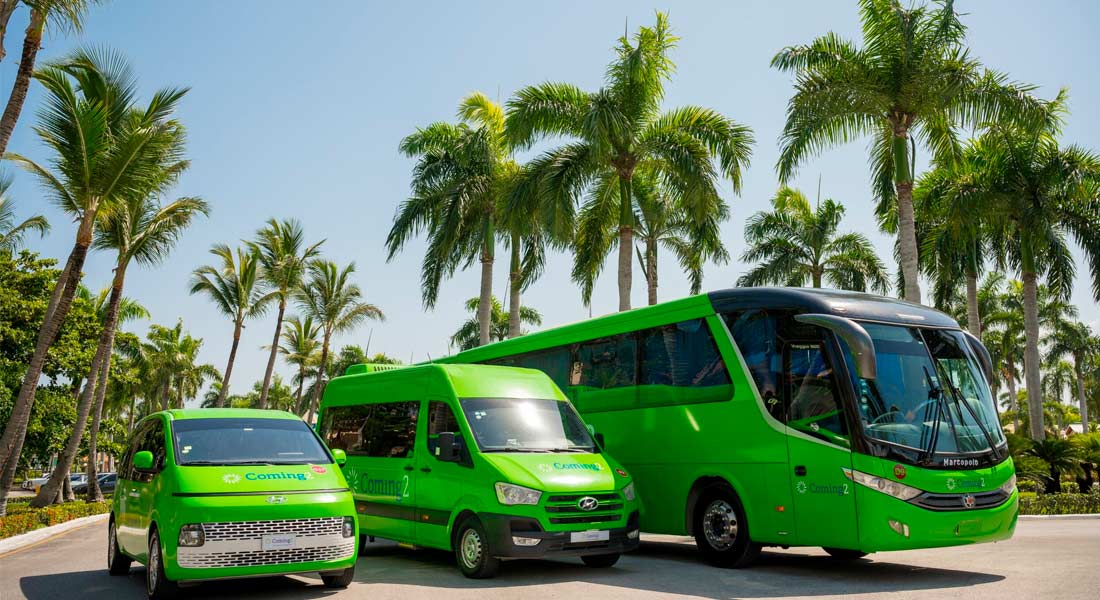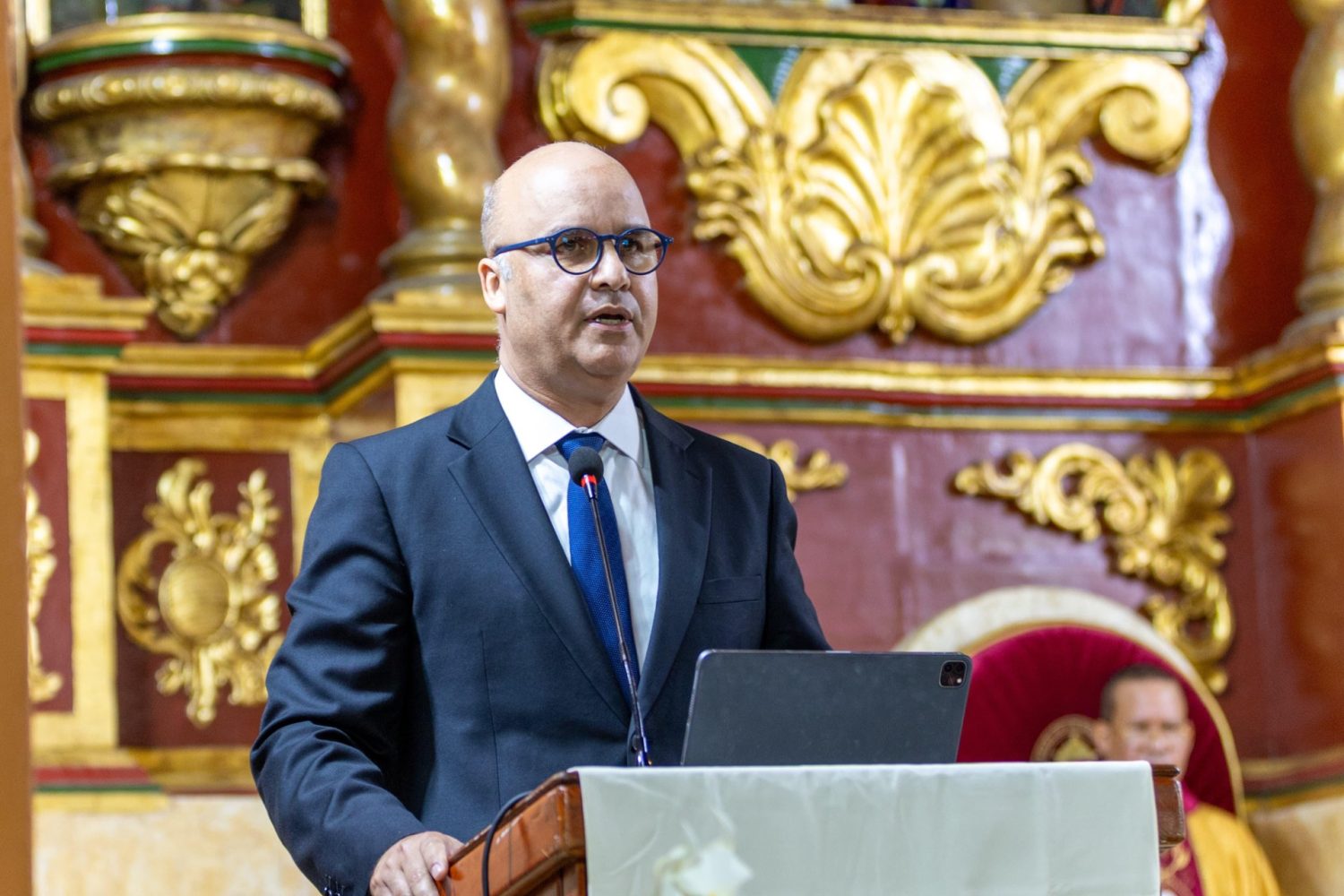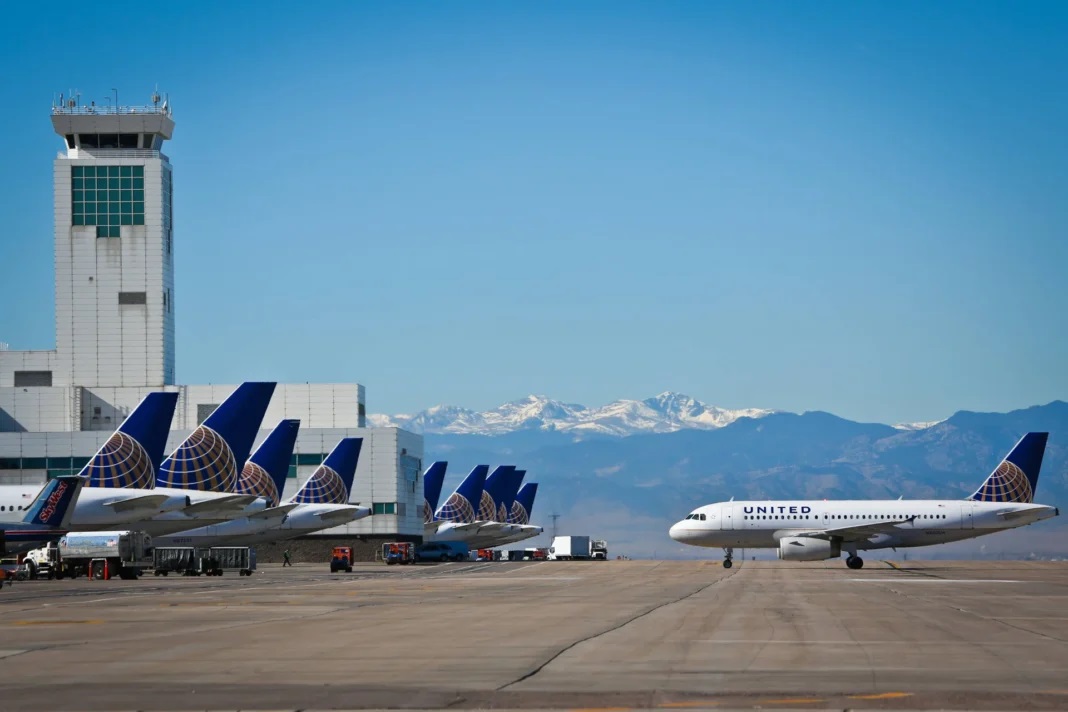WTM Latin America awards Responsible Tourism Award and discusses tourism reconstruction
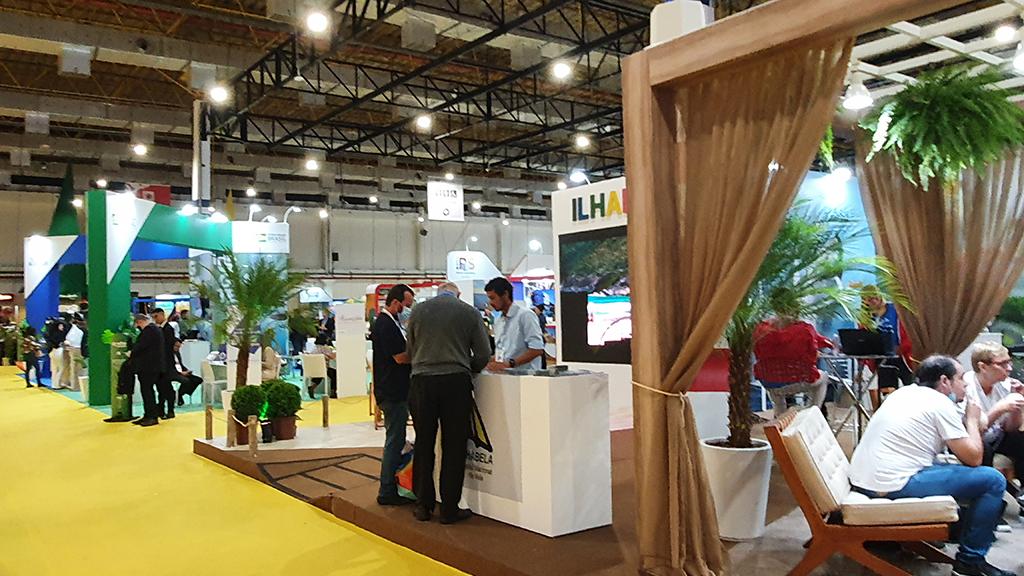
The second day of the event that closes its doors today was the scene of debates on essential issues for the recovery of the sector
On another day of intense movement in the pavilions, WTM Latin America was the scene of debates on essential issues for the reconstruction of tourism. With packed audiences, the three theaters – Diversity and Inclusion, Travel Tech and Responsible Tourism – highlighted challenges such as professional qualification, diversity initiatives and the use of data to guide strategic decisions.
The main B2B event in the region began with a training of the Ministry of Tourism, with the theme “the good service of accessible tourism”, which brought data for the implementation of accessibility policies and actions to train the business. Carlos Brito assumed the Ministry of Tourism six days ago and visited WTM Latin America today. “Tourism deserves to be the great protagonist of this country,” he said. Accompanied by Simon Mayle, director of the event, Brito toured the two pavilions and promised continuity management, making a point of conversation with many of the leaders, exhibitors and businessmen present.
Chilean Undersecretary Verónica Kunze also highlighted the importance of tourism for economic recovery and highlighted the role of Latin America in restoring connections and creating new business ties. “It’s exciting to meet people again after so long. We will continue working to have a continuous movement of tourists between Brazil and Chile,” she said. The country received 4.5 million international tourists in 2019 and is projected to close the year with 2 million travelers.
Under the slogan “Chile is back”, the country participated in the event with an entourage of 25 companies representing all Chilean tourist regions. The idea is to show travel agents and operators the entire offer of new products and services developed with a focus on experiences. According to Verónica, next week Chile is expected to announce a relaxation of restrictions on the entry of international travelers.
Data, people and technology
The impact of the war between Russia and Ukraine on tourism was addressed in the panel “The perspective for tourism in Latin America, Brazil and the post-pandemic world”. According to Juán Gómez, head of Market Intelligence at FowardKeys, the complications related to the confrontation are already at a limited level, but other factors such as overinflation and the consequent decrease in purchasing power must be observed.
Leonardo Seabra (Tourism Promotion Company of Potiguar) and Nicolás Franco (ProColombia) participated in the debate and defended the use of data as a strategic way to rebuild the business. Understanding the demand, creating personalized products, either by segment or with a focus on the issuing markets, and monitoring the results is essential to have assertive results.
Another important front in this regard is developing professional qualification programs, a great challenge that is not limited to the tourism industry. Cássio Sales Oliveira, Claiton Armelim and Gregorio Polaino argued that the initiative provides opportunities in retaining talent and consolidates relationships of loyalty and trust in the employer and collaborator, in addition to boosting the country’s competitiveness.
Regarding public services, Daniel Antonelli, manager of the New Business Department of the Federal Data Processing Service (Serpro), presented news that is being developed and should be available soon. “Safe Boarding+” is a technology that crosses information from the database of government agencies and allows the passenger to board planes without having to present any document, based on biometric identification. The airports of Congonhas (SP) and Santos Dumont (RJ) should already have this installation in the second half.
Another long-awaited debut is the new fully digital check-in at hotels, integrated into the gov.br system, which allows everything to be centralized in a single database. “Because this information is still analog, it ends up being lost. With a more complete database, it will be possible to generate panels for the tourism industry, from the passenger’s departure from home, what transport he uses, where he stays and much more”, he explained.
build back better
Gustavo Pinto, Responsible Tourism Advisor of WTM Latin America, opened the post-pandemic responsible tourism conference and invited Gustavo Timo, director of destinations and products of the Adventure Travel Trade Association, to inspire the participants through cases . “ATTA is working on a restart agenda focused on minimizing the impacts that tourism brings to destinations,” he said.
Camila Baro, director of the Gondwana agency, shared the company’s experience over the past two years. “It was a very difficult period, but it turned out to be an opportunity to become a better company,” she said. Due to the pandemic, the company stopped focusing on foreign audiences to create scripts aimed at local audiences.
Tomás García, director of Chilean Smartrip, explained the proposal to help local communities develop culturally and economically. “We earmark 20% of our profits to finance economic and social development programs in the areas where we operate,” he explained. “Our commitment is with the people, with the local culture and with nature,” he said.
“Allies of Diversity” brought together Bruno Wendling (Mato Grosso do Sul Tourism Foundation), Bruno Reis (Potiguar Tourism Promotion Company) and Eduardo Murad (3Sixty/BeFly) around strategies to expand the construction of diverse teams in all sectors and segments of tourism. The conclusion, unanimous among the participants, is that it is necessary to internalize this cause to have, in fact, the entire society presented in the functional frameworks of all spheres. “This change is up to us,” Murad said.
This obviously includes the hiring of senior professionals and the creation of products and services aimed at this public to combat the fight against ethism. Age prejudice ignores 36% of the economically active Brazilian population and underestimates great business opportunities, creating products aimed at this public.
Responsable tourism
The day was also marked by the delivery of the Responsible Tourism Award, created to recognize progress, make room for the replication of success stories and the joint construction of a more sustainable world. “You inspire us all to be better every day and tourism has the power to change the course of destinations,” Mayle said during the ceremony.
The award is part of the Global Responsible Tourism Family Awards, created eight years ago to validate best practices within the tourism industry. The finalists in the six categories were judged by 18 professionals from different areas across the continent, according to three requirements: originality, impact and potential for replication within the tourism industry.




